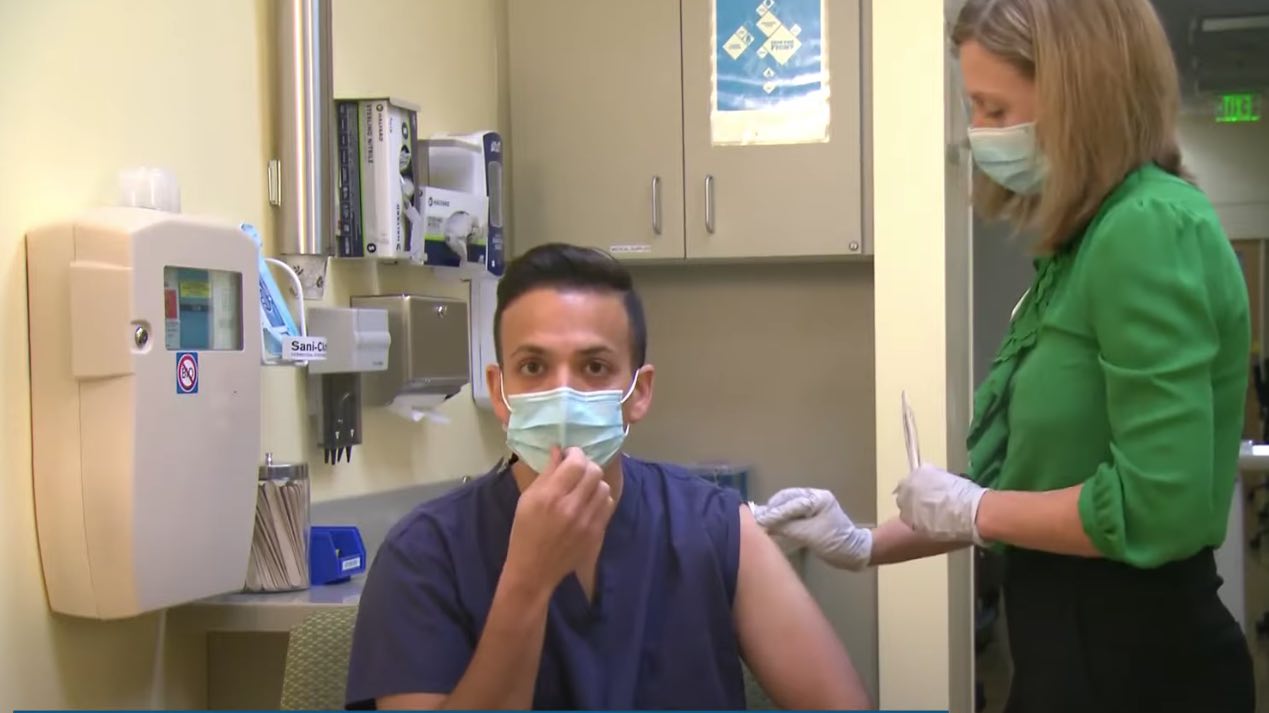NEW YORK (Reuters Health) – A single question may be all it takes for primary care providers to accurately screen patients who may be drinking too much, new research suggests.
Claims on their time prevent many primary care physicians from implementing alcohol screening in their practices, as is recommended by national practice guidelines. To speed up the process, the National Institute on Alcohol Abuse and Alcoholism (NIAAA) composed their own single-item screening test, as follows:
“‘How many times in the past year have you had X or more drinks in a day?’ (where X is 5 for men and 4 for women, and a response of 1 or more is considered positive).”
Dr. Peter C. Smith and co-investigators at Boston University School of Medicine conducted a cross-sectional study to validate the screening test for primary care. Included were adult patients recruited from primary care waiting rooms.
According to their report in the Journal of General Internal Medicine, 1781 patients were approached, and 878 refused screening. Of the remainder, 509 did not meet eligibility criteria; 91 did not consent, 3 were unable to complete the interview, and data were lost for 14, leaving 286 subjects (median age 49 years, range 21-86 years; 54% female) who completed the study.
The 286 patients were asked the NIAAA question, followed by the Alcohol Use Disorders Identification Test-Consumption (AUDIT-C).
In comparison with the AUDIT-C, the NIAAA question was 81.8% sensitive and 79.3% specific for the detection of unhealthy alcohol use. It was slightly more sensitive and less specific for detecting a current alcohol use disorder (87.9% and 66.8%, respectively).
“The sensitivity and specificity of this single question was comparable to that reported for longer instruments in other studies,” the investigators point out.
While variations in accuracy were seen for subgroups (gender, ethnicity, primary language, and education), the authors note that the differences were small.
Dr. Smith and his associates advise that patients “who consume excessive amounts of alcohol but have not experienced severe health or interpersonal problems would benefit from brief intervention by the primary care provider.” Other patients with more severe alcohol use disorders require referral to substance abuse treatment.
In a related editorial, Dr. Katharine A. Bradley and associates at the Veterans Affairs (VA) Puget Sound Health Care System in Seattle maintain that one of the most important preventive services primary care providers can offer is brief alcohol counseling. But which alcohol screening test should be used?
Dr. Bradley’s group recommends single-question alcohol screens because they “are clearly the optimal approach to integrating screening into clinical history-taking.” They therefore urge that all medical students and general practitioners memorize one validated single-question alcohol screen for unhealthy drinking.
Reference:
J Gen. Intern Med 2009;24:783-788,881-883.






